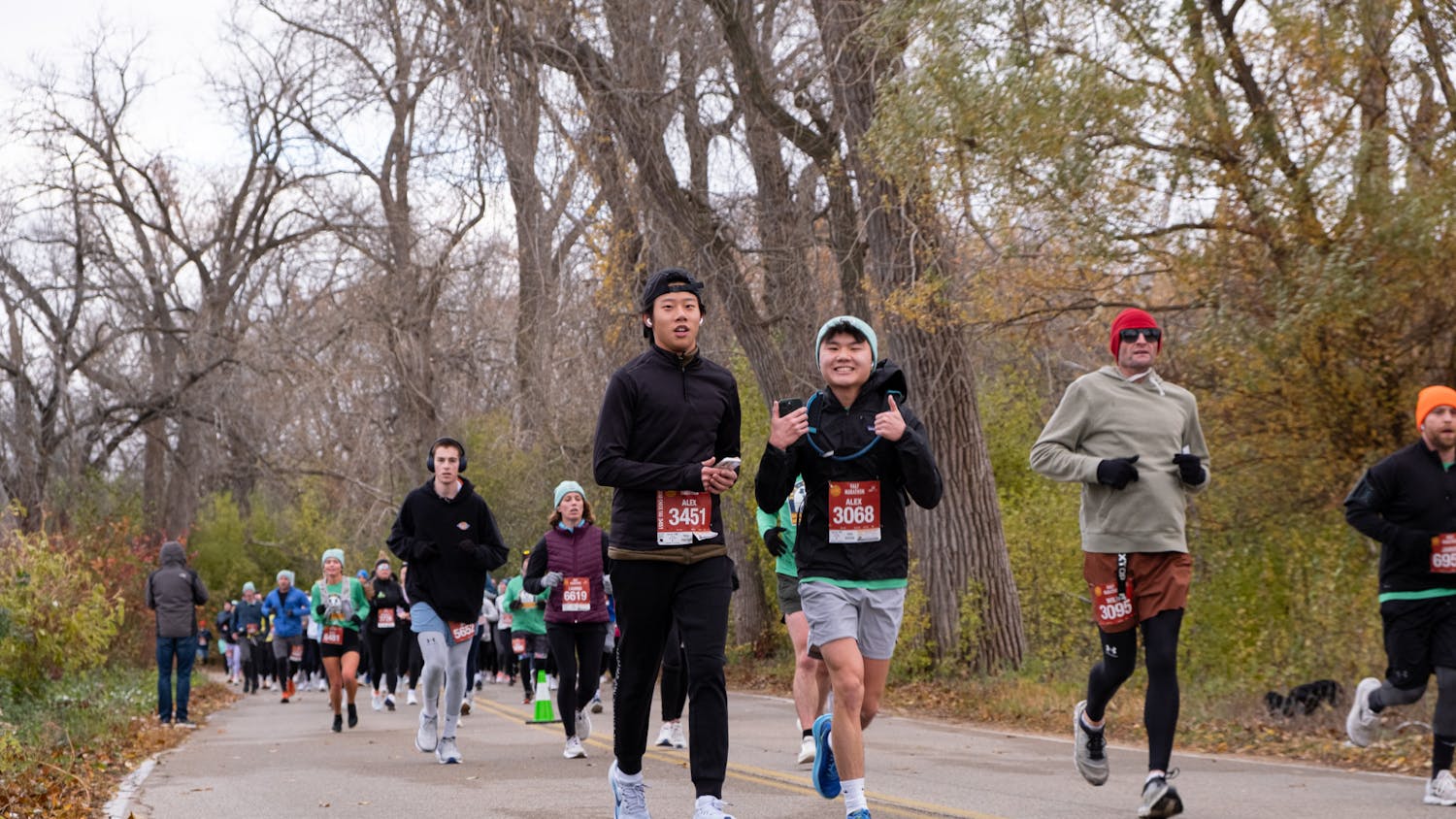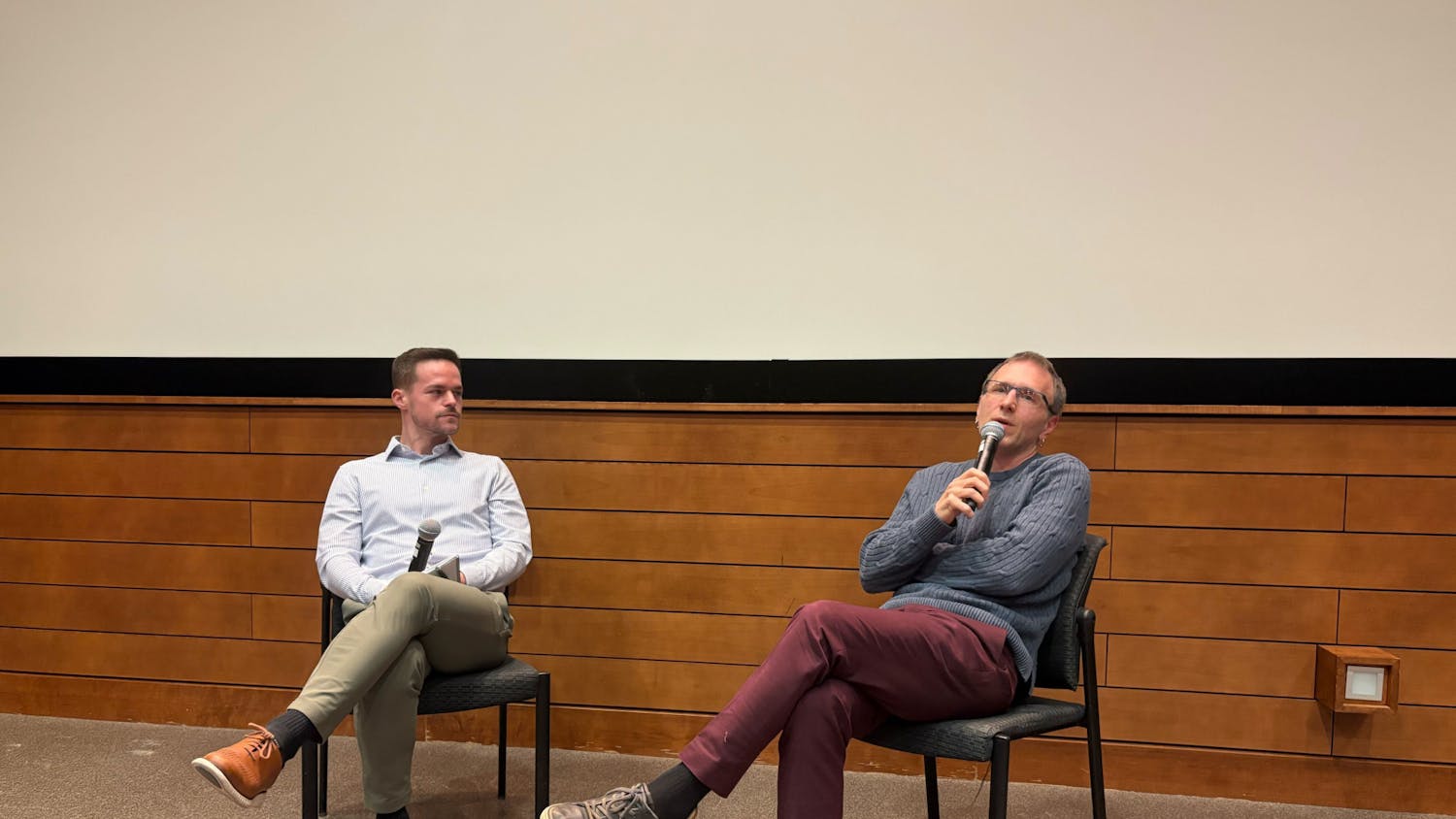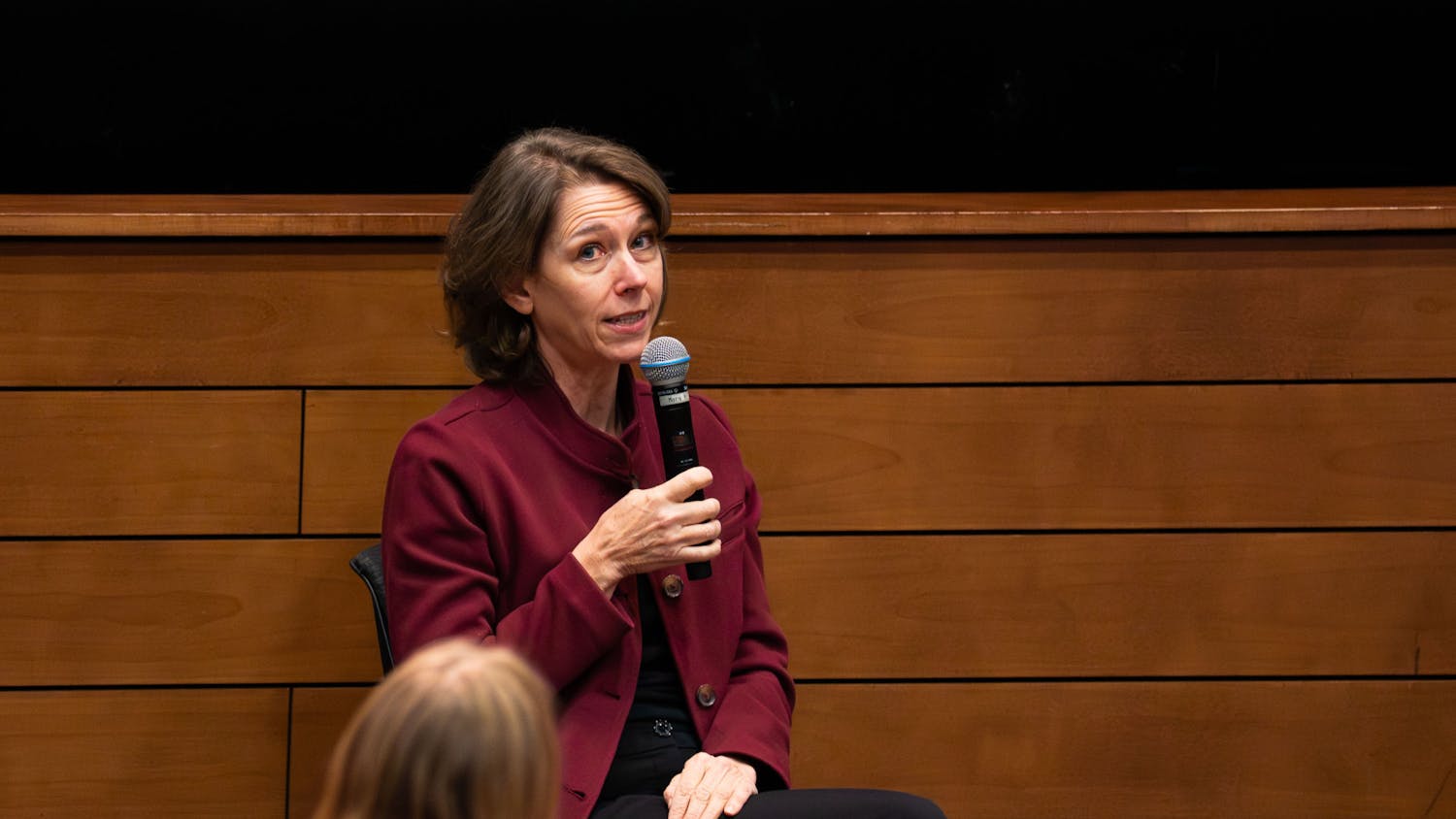New information regarding former Vice Chancellor Paul Barrows' seven-
month paid leave has spurred an independent investigation into the
matter, according to a June 30th university statement.
Barrows began his leave in November 2004 when his superiors learned of
a failed relationship between him and a UW-Madison graduate student.
According to a June 23rd statement, UW-Madison Chancellor John Wiley
signed off on Barrows' leave without revealing the relationship to the
public and recommended that he seek other employment.
During his leave, Barrows did apply for a position with the University
of Texas at Austin, became one of the finalists for the position and
visited the campus in mid-May.
For seven months Barrows still received his $191,749 vice chancellor's
salary, though his position had been dissolved and it had been
determined that Barrows would assume a salary of $150,000 for
a \limited appointment"" role upon his return, according to Wiley.
This perceived discrepancy between money earned and work performed
became a point of contention with some in the State Legislature. In
response to requests that Barrows be terminated immediately, Wiley
cited university policies which guarantee Barrows due process.
But before Barrows could assume his new role on June 23, Wiley demoted
Barrows again, citing new information that could point to misconduct.
Barrows was placed in a ""back-up position"" and Wiley expressed his
intention to launch the investigation.
Specific details surrounding Barrows' leave remain scarce, though the
relationship between Barrows and the graduate student was
a ""significant factor"" according to Wiley. Though at the time Wiley
knew that the relationship was not technically a violation of
university policy, he counted it as a major slip in judgement on
Barrows' part.
Wiley stated that he sought to protect identity of the student who was
involved with Barrows and thus allowed him to leave in November without
revealing the relationship. According to Wiley, it was not until June
23 that he learned new facts which he said contradicted with Barrows'
story.
Barrows also cited medical reasons for his leave and according to UW-
Madison spokesperson John Lucas, Barrows provided a doctor's notice in
November at Chancellor Wiley's request. The document is a medical
record that cannot be released to the public without Barrows' consent.
An employee with 16 years of service like Barrows would have literally
hundreds of hours of accumulated paid leave at his disposal, stated
Lucas.
At Wiley's behest, Barrows did use this accrued leave to cover his
seven-month absence.
Nevertheless, Republican lawmakers denounced the Barrows case as the
sort of wasteful spending they feel has become characteristic of the UW
System.
Ethnie Groves, press secretary for Gov. Jim Doyle, stated Doyle is also
upset over how the university handled the situation but does
not feel that UW System funding should suffer due to the incident.
Doyle's office said he hopes the Legislature will not let the
case negatively affect its stance on university funding any
further.However,the state Senate already passed a budget July 1 that
would cut UW-Madison funding by $1 million and UW System funding by $36
million over two years.
Barrows is currently on paid leave from his ""back-up
position"" which allows him a $72,881 salary. In a June 23 letter,
Wiley told Barrows he could not perform any university work or set foot
on campus until the investigation, conducted by Madison attorney Susan
Steingass, is complete.





